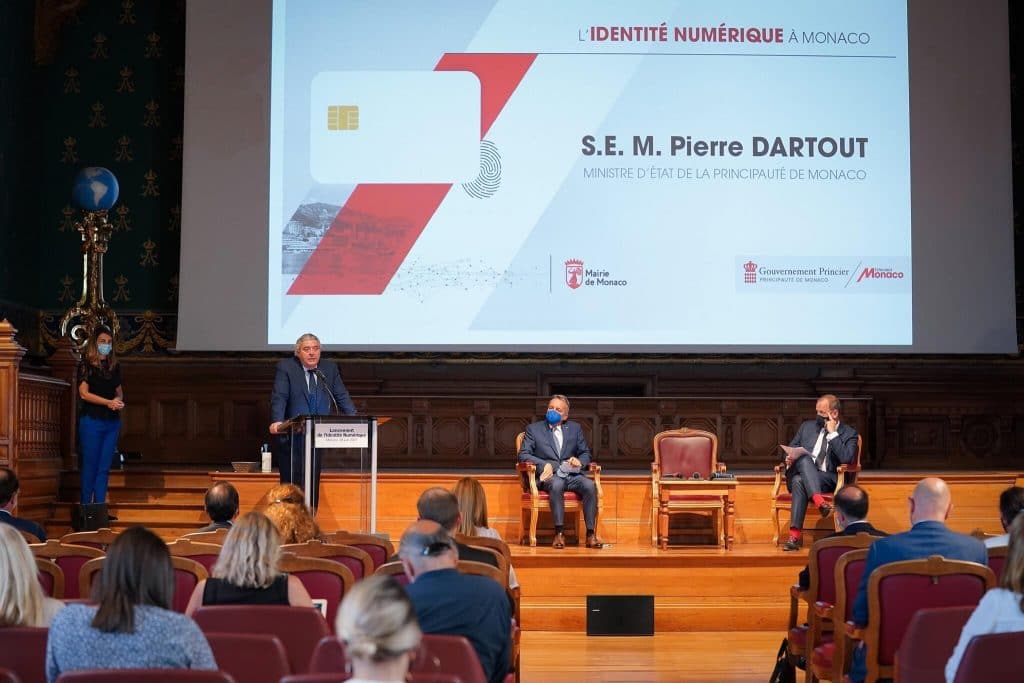Monaco creates a digital identity for everyone in the Principality

First came 5G and then the mission to install fibre optics by 2022. As Extended Monaco pushes ahead with their innovative programme, everyone in the Principality will now have a digital identity.
It was in Monaco’s Oceanographic Museum that the Minister of State, Pierre Dartout, presented the project. “As of today, a digital identity for Monégasque people and Monaco’s residents is becoming a reality. It is allowing for new and safe ways to meet the needs of everyone living in the Principality.”
Despite dating back to 2019, the project really took off during the pandemic. As the world quickly became more digitalised, it was essential that Monaco remained at the forefront of modernity.
Five countries, including Luxembourg and Singapour understood the advantages that this digital identity offered. Monaco joined them, adding its own touch inline with the Principality’s values, in particular security and quality of life.
This digital identity is checked, distributed and managed only by the State and the town hall. As well as being digital, a physical card will be issued as an ID card for Monegasques and a resident’s permit for Residents. This will be recognised as a valid form of ID when travelling abroad. As well as saving time when dealing with administrative matters, it will provide a smoother, easier experience, and electronic signatures will be officially recognised.
>> READ ALSO: 5G technology in Monaco: fears persist but businesses overwhelmingly see positive impact
Security at the heart of the project
Finding a way to keep digital identities safe and secure is paramount. Therefore to access your identity, you must enter a 5 digit PIN code to use your card on a computer, as well as a 6 digit PIN code when using the mobile app. By having these safety measures in place, data cannot be forged or modified. Whilst monitored by various services, ultimately the individual remains in control of their identity. They are informed of their strictly personal use and have the right to access and delete their data at any time. Unlike private authentication methods, the user has control over their personal data, which will be stored in the Principality.










